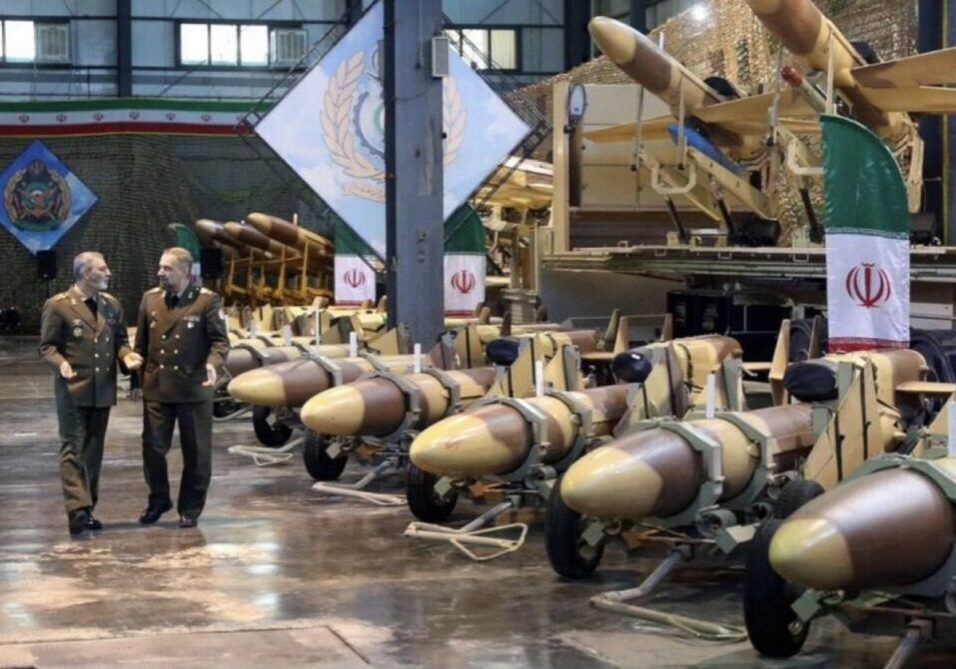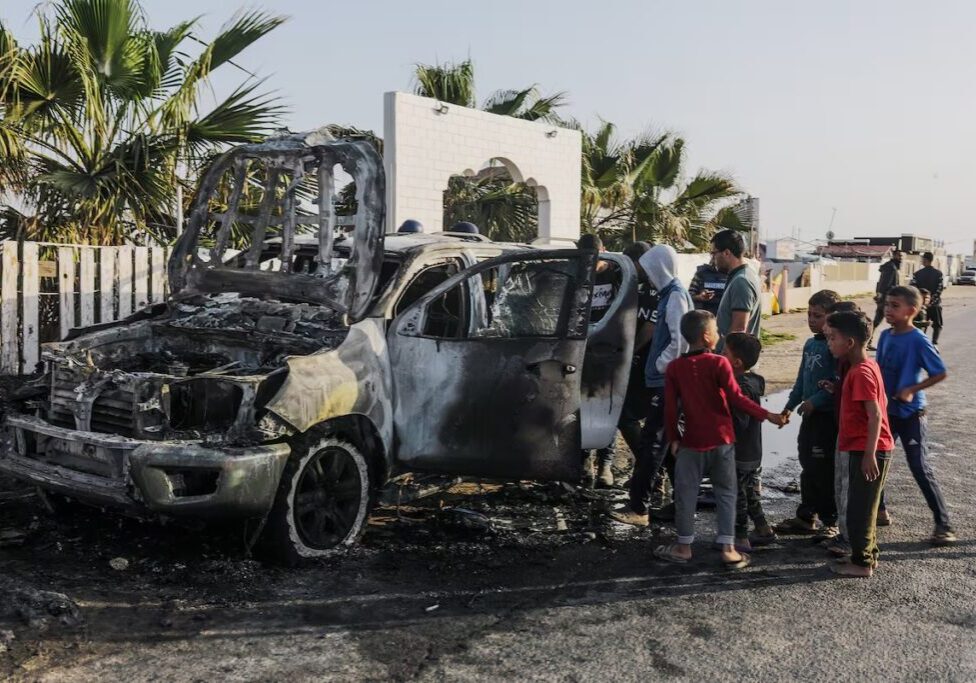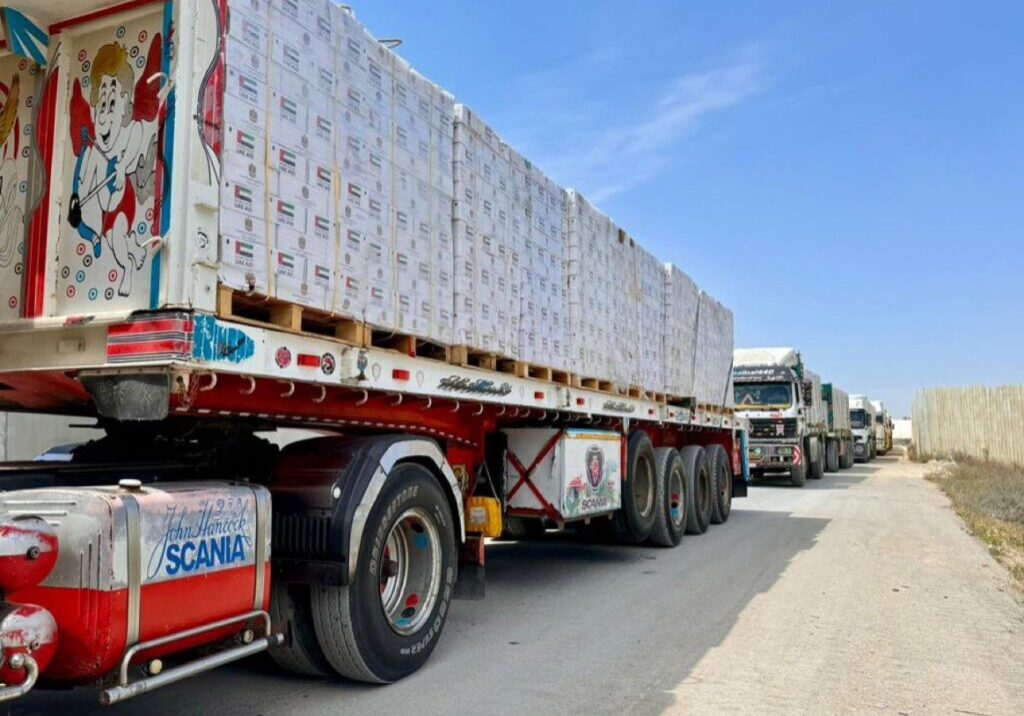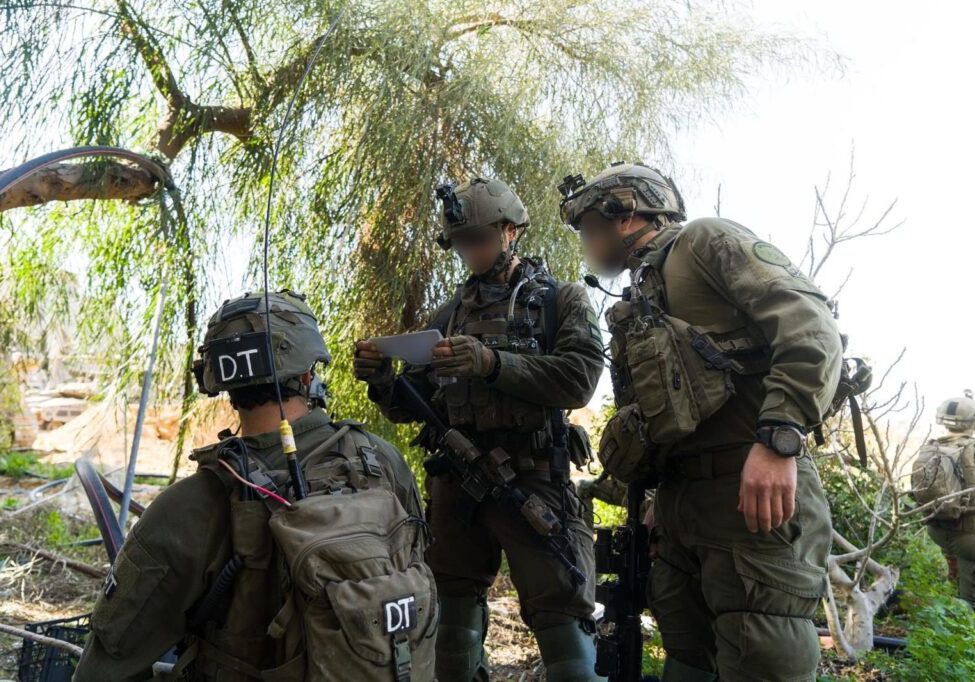Australia/Israel Review
As Good as it Gets?
Sep 18, 2013 | Chuck Freilich
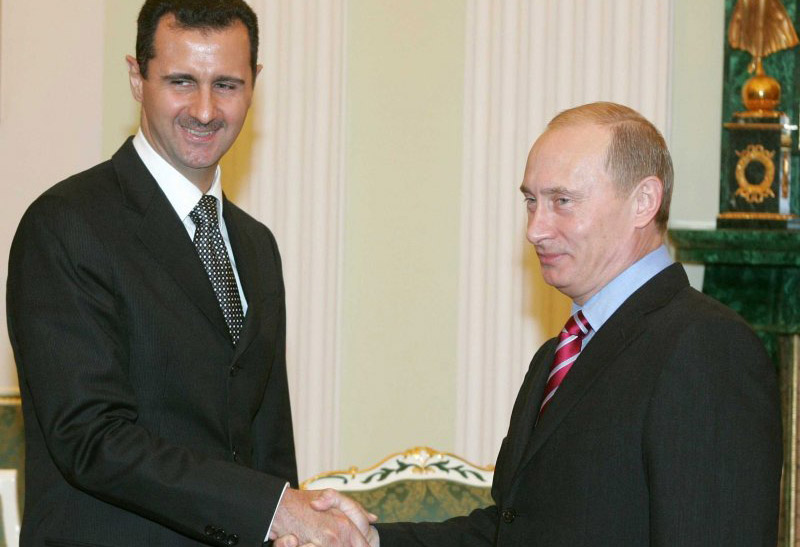
Syria, chemical weapons, and the Russian deal
Chuck Freilich
On paper, the Russian proposal to dismantle Syria’s chemical weapons looks like the optimal outcome. A military attack to punish Syria for its use of chemical weapons was never the objective, but a means to an end, which was to firmly establish the principle that the use of chemical weapons will not be tolerated. If – and this is a very big if – even part of the Syrian chemical arsenal is actually placed under international supervision and ultimately dismantled, the United States will have achieved far more than it set out to do. It is, however, far too early to predict success – indeed, the prospects are limited.
As with any good package deal, all sides gain from the Russian proposal and no one loses more than they can tolerate.
The United States and its Western allies achieve their objectives without recourse to force, Obama is spared an embarrassing defeat in Congress and if the deal is actually implemented most observers will not remember his repeated zigzags. Russia, which almost desperately wants to prevent a further display of America’s singular might and role in the world, gained a rare and striking diplomatic success, and proved (mostly to itself) that it remains an important world power.
The heinous Syrian regime proved its willingness to stand-up to the United States in the face of a threat of military attack. In the meantime, it can continue slaughtering its citizens with wild abandon, as international pusillanimity has now made it clear that no one truly cares about the killing of over 110,000 people by “conventional” means.
Iran, which showed a surprising appreciation of the consequences of Syria’s use of chemical weapons, turned on its ally, demanded that Damascus accept the Russian proposal and came off looking like a responsible player. By helping to prevent an American attack against Syria, Iran also helped avoid the establishment of a precedent whereby the United States and international community actually act militarily to deal with a WMD threat, Teheran’s ultimate fear.
For Israel, the stakes are particularly high. Not only is Syria’s chemical arsenal designed principally for use against it, but Israel views Obama’s handling of the Syrian situation as an indication of his future behaviour regarding Iran’s far more dangerous nuclear program.
Amidst all of the uncertainty surrounding the details of the Russian proposal and the chances of it actually being implemented, there are, however, two near-certainties. Syria will do everything possible to delay, prevent, circumvent and minimise the actual transfer of its chemical arsenal to international control, let alone dismantlement, and will enjoy significant Russian and Iranian backing in these efforts. The Russians, for their part, rejected Western demands that the UN resolution embodying the proposal include a threat of the use of force, should Syria fail to fulfil its commitments.
To an extent we are back to square one. The Syrians will be sure to raise objections regarding such issues as the nationality of the international inspectors, the inspections mandate, including sites inspectors are allowed to enter, the timing of inspections and much more. With Russian backing, they will seek to play for time, undermine any possibility that the United States might actually attack at a later stage,and preserve as much of their chemical capability as possible. Given the magnitude of the Syrian chemical arsenal, sometimes called the largest in the world, its dismantlement might take years in optimal conditions and in Syria, both intentional obstructionism and the additional constraints posed by the ongoing civil war, will make it that much harder.
If even part of the Syrian arsenal is ultimately placed under international monitoring, let alone dismantled, this will constitute a major US achievement. Nevertheless, the way President Obama has handled the issue should be a source of considerable concern.
The President first announced that use of chemical weapons by the Syrian regime would be a red line just over a year ago, in a statement which took his closest advisers by surprise.The President, however, then went to great lengths to ignore the virtually irrefutable intelligence presented to him regarding numerous prior uses of chemical weapons. When he very belatedly did decide to act, he further undermined American credibility by making a last-minute decision to turn to Congress, once again stunning his advisers. To make matters worse, it rapidly transpired that the president would have a very tough time obtaining Congressional approval. Finally, the President’s last-minute decision to adopt the Russian proposal, on the very day that he was to present the case for military action in a national address, was the ultimate proof that military action is simply not part of this President’s strategic outlook.
Competitors like Russia and China and adversaries such as Syria and Iran, will certainly derive one important conclusion from this course of events – the American people and President Obama personally are deeply wary of any further foreign entanglements and extraordinarily reluctant to use force, even when the President has declared a clear red line.
For those concerned primarily with the growing Iranian nuclear threat, especially Israel and Saudi Arabia, the President’s handling of the issue is a source of deep concern which will greatly strengthen the feeling that they are on their own and may increase the prospects of unilateral action.
What is needed now, in order to turn what is a good idea on paper into a good one in reality, is for America and its allies to understand that they must truly play a game of coercive diplomacy, and play it with a determination to win. To this end, the United States, Britain and France must stand firm in the Security Council and insist that the resolution adopting the Russian proposal includes a threat of force and other concrete sanctions, should Syria fail to live up to its commitments, along with a clear timetable and explicit benchmarks for Syrian compliance.
Chuck Freilich is a senior fellow at Harvard’s Kennedy School of Government and was a deputy national-security adviser in Israel. He is the author of Zion’s Dilemmas: How Israel Makes National Security Policy, 2012. © The National Interest, all rights reserved, reprinted by permission.
Tags: International Security

